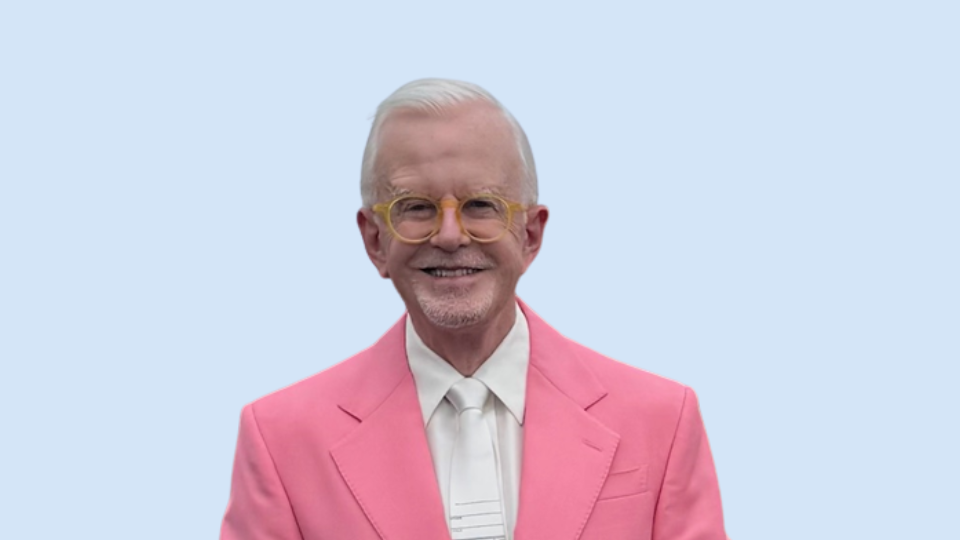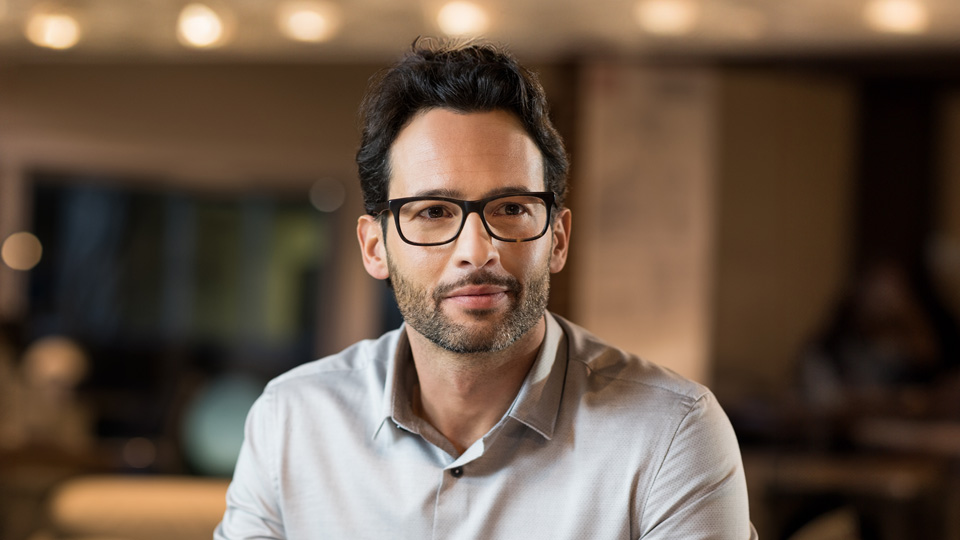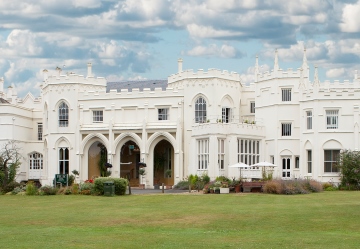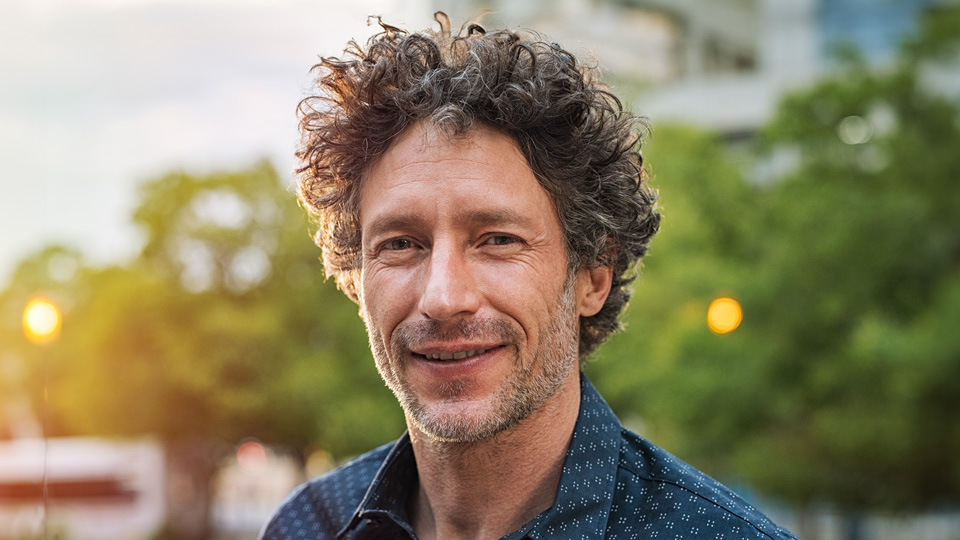Treatment options for prescription drug addiction
Prescription drug rehab usually involves a combination of detox, therapy, practical support and aftercare. Your treatment plan will depend on the type of medication you have been using, the severity of your addiction and any other mental health needs.
Many people begin treatment with a detox, especially if they have developed a physical dependence. Detox helps remove the drug safely from your system while managing withdrawal symptoms.
For opioid addictions, medications such as methadone or buprenorphine may be used to reduce cravings. For benzodiazepines, a gradual reduction in dosage is recommended to minimise withdrawal risks. Stimulant detox focuses on supportive care, rest and monitoring.
Detoxes are carried out in a residential setting, with round-the-clock support from experienced medical professionals.
That’s why it’s never recommended you detox “cold turkey” at home. Some severe withdrawal can be dangerous, making medical support a necessity for a successful detox.
- Therapy for prescription drug addiction
Once you are physically stable, therapy helps you understand the emotional, psychological and social factors behind your addiction.
Common therapies include:
- Cognitive behavioural therapy (CBT)
- Motivational interviewing
- Relapse prevention planning
- Trauma-informed therapy, where needed
- Family therapy
- Group therapy and recovery-focused sessions
Therapy helps you develop healthier coping skills, manage cravings and build confidence in your recovery.
- Medication-assisted treatment
For some types of prescription drug addiction, medication may be used to support recovery. These medications can reduce cravings, ease withdrawal or prevent relapse. Your treatment team will discuss any recommended medication and ensure it fits your personal needs.
Support groups
Peer support is an important part of long-term recovery. Groups such as Narcotics Anonymous (NA) can help you stay motivated, feel less isolated and learn from others with similar experiences.












